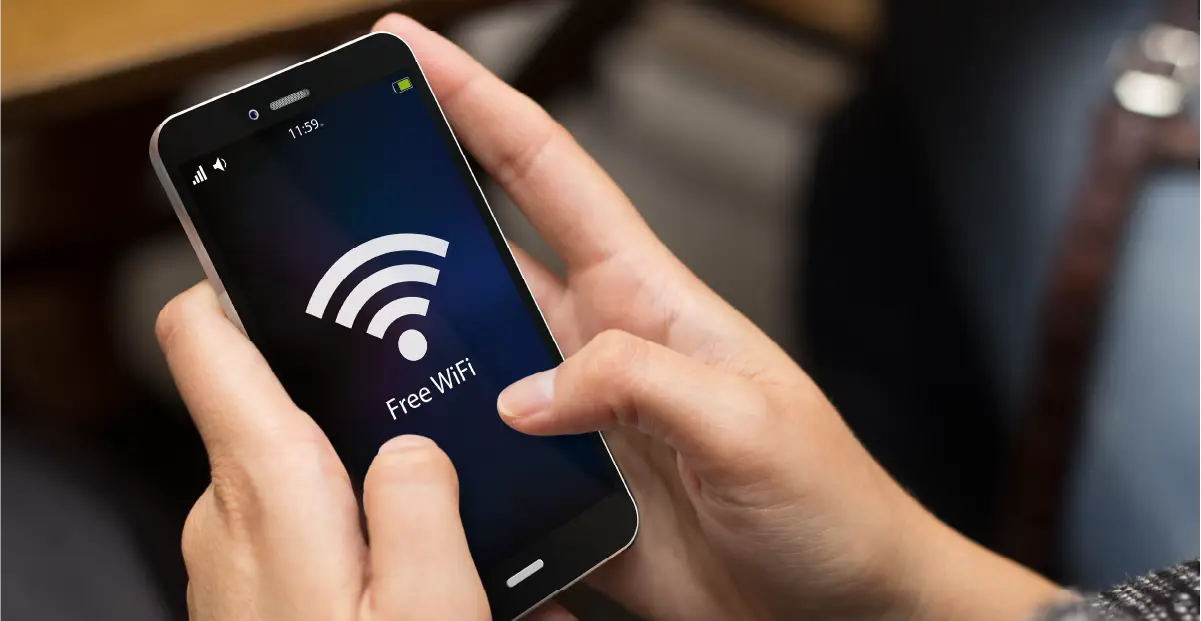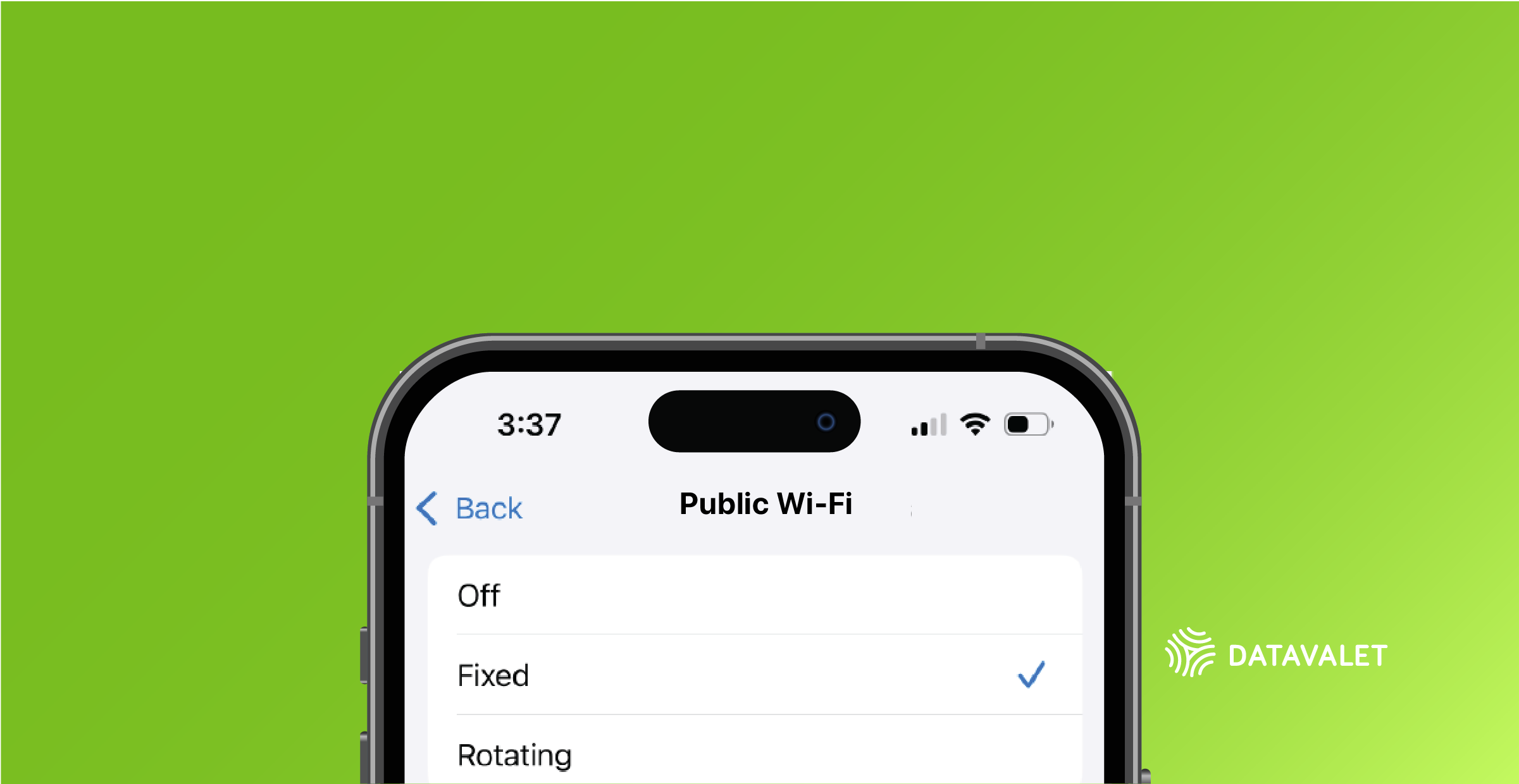Public Wi-Fi usage continues to grow. Cisco reports that commercial public hotspots increased from 8.8 million in 2016 to 15.3 million in 2021. With rising mobile data costs and limits on data usage, consumers rely on free hotspots to stay connected.
Businesses depend on Wi-Fi just as much. Staff use it for applications, devices, and internal systems. Customers rely on it to browse, shop, dine, and access promotions. Both public and private networks use the same wireless technology, but each serves a very different purpose. Understanding the differences helps businesses keep data secure while delivering an exceptional guest experience.
Security: The Biggest Difference
Public Wi-Fi is open by design. It requires little authentication and allows anyone to join, including cybercriminals. Private Wi-Fi, on the other hand, is tightly controlled to protect sensitive business systems.
To stay secure, businesses must deploy fully separate networks:
- A private Wi-Fi network for employees and internal systems
- A public guest Wi-Fi network for customers and visitors
This separation keeps inventory systems, POS terminals, and internal data safe while still offering the convenience of free Wi-Fi. Customers also protect their own information by ensuring their sessions are encrypted when browsing on public networks.
Purpose: Public Networks Entertain, Private Networks Operate
Public Wi-Fi is ideal for light activity such as:
- Social media
- Browsing
- Streaming music or videos
It is not designed for tasks that involve sensitive information or large data transfers, and file sharing should be avoided.
Private Wi-Fi is built for business operations:
- High-volume data
- Secure internal applications
- Employee workflows
- Business software and systems
Because the needs are different, public guest networks do not require the same data throughput or bandwidth that private networks need.
Marketing Advantages of Guest Wi-Fi
Guest Wi-Fi opens the door to powerful marketing insights. When professionally managed, it allows businesses to collect important customer data such as:
- Frequency of visits
- Browsing behavior
- Demographics
- Contact information
This information fuels targeted campaigns, loyalty programs, email communications, and personalized promotions. Guest Wi-Fi can also place your business on Wi-Fi locator maps, helping attract new customers who search for free access nearby.
Private Wi-Fi does not serve this purpose. It exists purely for business and employee connectivity.
Why Every Business Needs Both
Today’s consumers expect fast, secure, and easy Wi-Fi wherever they go. Offering guest Wi-Fi is no longer optional for restaurants, retailers, hotels, or service businesses. At the same time, businesses must protect their internal infrastructure from threats.
The solution is simple:
- Provide complimentary guest Wi-Fi
- Keep it completely separate from your private business network
- Secure both networks with proper authentication, encryption, and monitoring
This approach ensures customer satisfaction, employee productivity, and strong security across the entire environment.













